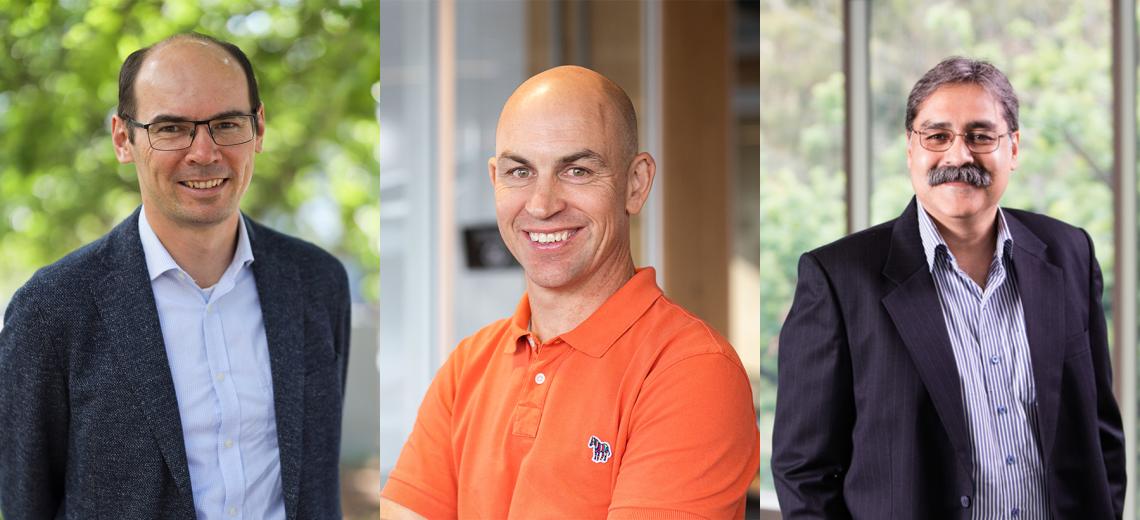
The ANU College of Business and Economics (CBE) has had further success this year through the prestigious Australian Research Council (ARC) Discovery Projects 2025 scheme, with three CBE academics receiving funding for their projects.
Professor Fedor Iskhakov from the ANU Research School of Economics received funding for his project Technological innovation in durable goods: expansion of electric cars in Australia. His project addresses the increasing need for the Australian government to develop a streamlined approach to the adoption of electric vehicles (EV).
The funding will allow Fedor to develop a comprehensive toolkit incorporating a mathematical framework and computer models for realistic, data-driven and theoretically sound analysis of durable markets, such as the car market. The toolkit will simulate EV adoption under various policy regimes, aiming to accelerate the transition and minimise costs to individuals, firms, and the economy.
Professor Prashant Bordia from the ANU Research School of Management (RSM) received funding for his project Demystifying employee disclosure of retirement plans at work. Aiming to improve and streamline the retirement transition process, Prashant will identify major factors that disrupt the retirement process and create a training program that will contribute to new knowledge and resources based on the needs of Australian employees and employers.
The findings will be presented to the Australian Human Rights Commission, Council on Ageing, public and private sector human resource professionals, and other relevant stakeholders, and are expected to provide knowledge on how to achieve wellbeing and productivity outcomes for Australia’s ageing workforce.
Also from RSM, Professor Giles Hirst has received funding for his team project Building worker and technology partnerships that maximise creativity. Recognising that society doesn’t currently fully understand how to combine the diverse capabilities of humans and artificial intelligence (AI), Giles and his colleagues aim to offer new knowledge about how workers can best partner with AI to solve problems creatively. They seek to invest in augmenting, as compared to automating workers.
By examining how to design work systems and develop workers’ abilities to support human-AI collaboration, Giles and the team will generate scientifically informed knowledge about how to leverage the strengths of both to augment creativity. They will work with industry partners to test the knowledge in a work setting to inform policy and practice in the public service and industry. All of this is designed to lead to a more skilled workforce, an enhanced work experience, and accelerate economic and social growth in Australia.
The College is always keen to explore research collaborations with the public and private sector and to reconnect with alumni. Please get in touch if you would like to know more about partnering with us.
